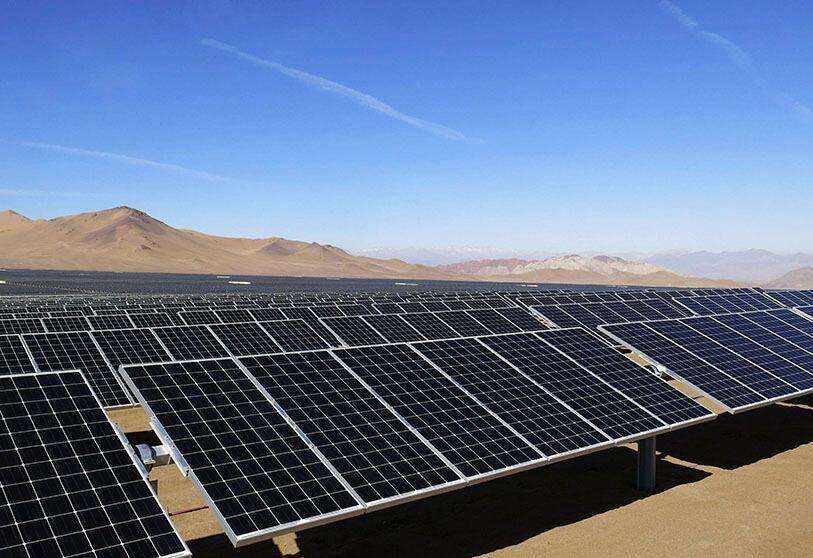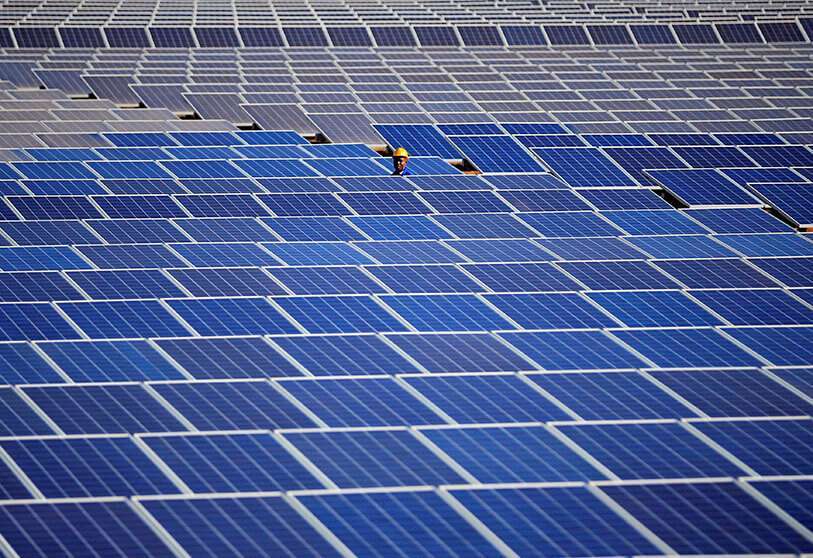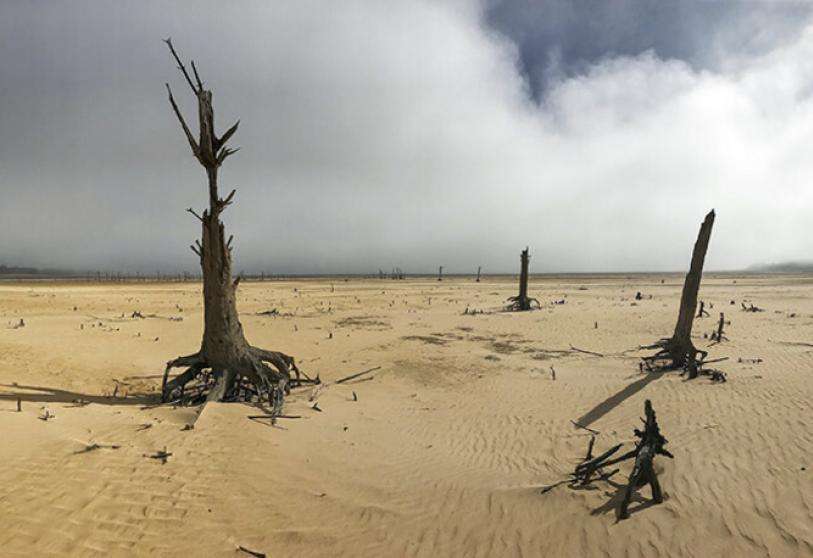Jordan, UAE and Israel sign agreement to lead energy transition

The energy transition towards renewable energies is taking increasingly important steps. In the Middle East, despite the significant oil resources available in the area, more and more countries are deciding to invest in "clean energies" both for the advantages they offer and to try to reduce their dependence on crude oil.
In this context, Jordan, the United Arab Emirates and Israel signed a declaration of intent in Dubai in which they expressed their intention to cooperate in the production of electricity through renewable energies.

According to the declaration, Jordan will work to generate electricity through solar energy, while Israel will seek to do the same through water desalination for the benefit of Jordan, which is suffering from a major drought.
The declaration was signed at Expo 2020 in Dubai by Jordanian Minister of Water and Irrigation Mohammed Al-Najjar, UAE Minister of Climate Change and Environment Maryam bint Mohammed Al-Muhairi and Israel's Minister of Energy Karen Al-Harr, in the presence of the US. In this vein, presidential climate envoy John Kerry travelled to Dubai to be present at the signing of the agreement.
Although not yet implemented, the declaration has two interrelated axes. One is the "Green Prosperity" programme, which will seek to develop solar photovoltaic energy in Jordan by promoting the development of energy facilities. It is envisaged that this energy production will be exported to Israel.
Another project included is "Blue Prosperity", which aims to develop sustainable desalination projects in Israel to try to supply Jordan with a total of 200 million cubic metres of desalinated water, according to the Emirates News Agency (WAM).

On the Emirati side, an Emirati company will seek to build a solar power plant in Jordan to generate electricity for Israel. According to AFP, the parties involved in the project have not disclosed the potential cost of the power facility.
Despite getting the three countries to put the ambitious energy plan on the table, the undersecretary general of Jordan's Ministry of Water and Irrigation, Omar Salameh, said the declaration "is not an agreement, neither technically nor legally, and the project will be implemented without Jordan getting the stipulated 200 million cubic metres".

According to Salameh, the idea for the project stems from "Jordan's growing future needs for permanent sources of water", demands that are increasing due to population growth and the resulting dependence on it in industry, agriculture and other sectors.
As Jordan's population is growing, the country is suffering from a major shortage of one of the most basic and critical resources: water. Against this backdrop, Salameh noted that the water deficit is getting worse and worse. With this agreement, Jordan aims to reach 45 million cubic metres of water next year in drinking water alone.

UAE Minister of Foreign Affairs Abdullah bin Zayed Al Nahyan confirmed "the enthusiasm of the countries in the region to work together to improve energy and water security and build a more sustainable future for all". He added that they were proud that the UAE contributed to the formulation of an initiative that brings Jordan and Israel together and contributes to enhancing energy, water and climate security and the common interests of both countries.
Alongside this, he noted that "the Middle East is at the forefront of regions affected by the consequences of the climate crisis, and countries in the region can overcome this challenge by strengthening cooperation and joint action".








